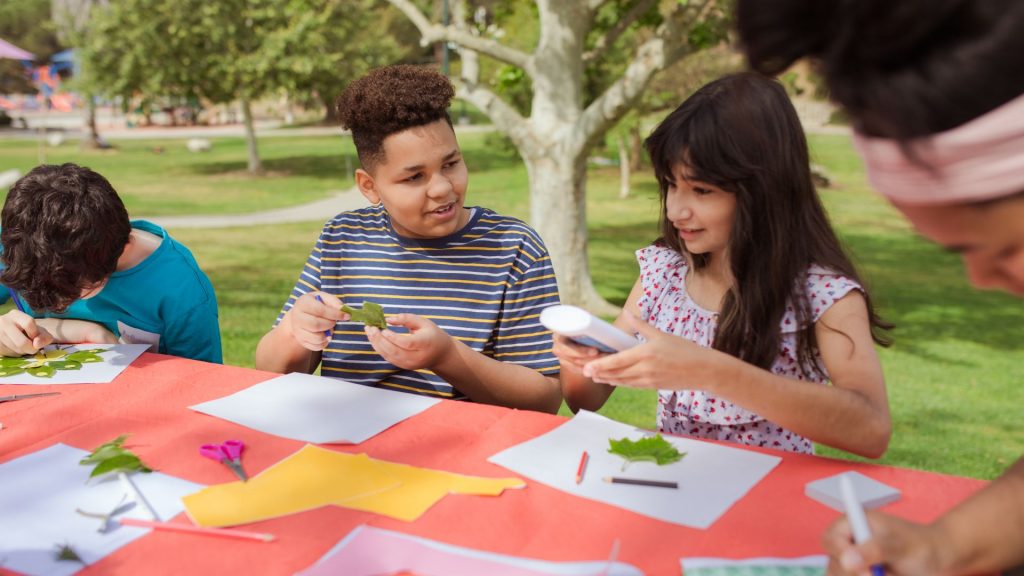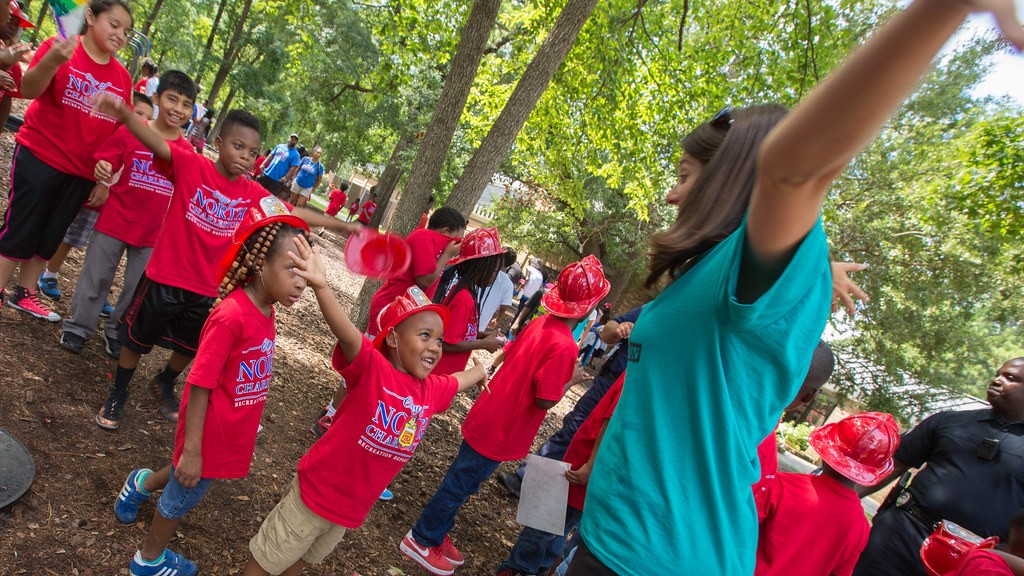How Summer Programs Are Adapting To Make Up For Learning Loss
Summer programs are adapting in order to help kids catch up from learning loss during the pandemic in creative ways.

Many K-12 students are suffering from learning loss linked to pandemic closures and social distancing. In order to catch students back up some summer programs are adapting their curriculum to help kids get back on track with fun hands-on-learning practices to keep them engaged. These opportunities are offering math and reading activities as well as events to socialize and return children to a sense of normalcy.
Schools across the nation were given billions in COVID relief funds. Some of these districts have begun to form their own summer programs to specifically direct this money toward closing learning gaps and reintegrating students to in-person learning routines. These initiatives are designed to not only combat learning loss but also engage students in new ways to get them excited about learning.
Instead of offering the typical summer school programs, Central Indiana schools partnered up with the United Way and the Mind Trust in order to create Learning Labs. These five-week programs give students additional English and math lessons and pay teachers upwards of $10 thousand. These efforts have improved language arts scores by 12%, and math by 17%.
In California, the Lodi Unified school district decided to work with the University of the Pacific to provide students with positive learning experiences that get them engaged in the classroom again. It is also an opportunity to get a feel for what college is like and get interested in higher education. For two weeks, students enrolled in this pre-college summer program can take courses in 3D animation, filmmaking, and music production.
The Los Angeles Unified School District is also offering new STEM summer programs to get students interested in the growing STEM fields and technologies. With the help of the LA STEM collective, schools are teaching students through virtual field trips, robot building, and other tech related activities. It is funded through 2023 and expected to continue gaining support as student success rates increase.
Even in Denver, Colorado summer programs are helping students to learn English. Because of the high number of Hispanic students entering the public education system, COVID funding has been used to not only make up for learning loss, but teach newly immigrated children English as a second language. Many of these programs are using remaining relief funds that have yet to be allocated for other public health matters.

Several states have been seeking solutions for the education crisis. Student enrollment drops, chronic absenteeism, and the teacher shortage have all increased due to excessive pandemic protocols. In order to combat these obstacles children need more fun hands-on learning opportunities which get them involved and interested in school. Despite many efforts to improve test scores and success rates, students have continued to struggle with learning loss. By creating new exciting summer programs, schools are attempting to close the gaps.
While support for these programs is growing, funding has been taken from pandemic relief money. These massive relief packages afforded to schools increased the national debt, adding to inflation skyrockets. Once the COVD money runs out, the future of these expensive summer programs will be unclear, and whether the American people can afford to continue funding them or not depends on the state of the economy.



